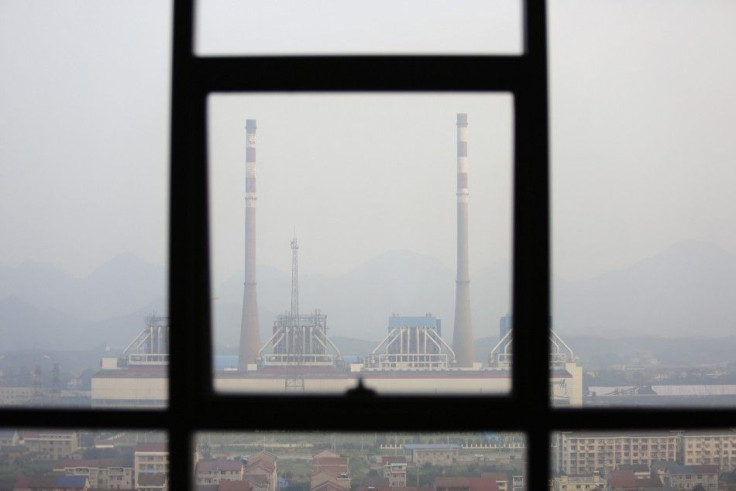Australian Coal At Risk as China Bans Coal Use, Closes Coal-Fired Powerplants

The Australian coal industry stands to potentially lose some of its ardor as China, one of its major markets, has announced closing its coal-fired powerplants as well as banning the use of coal.
The country's smog problems, which grow menacing every year, has pushed Beijing to announce a plan to totally shelve out the use of the fossil fuel by end of 2020. In lieu, the city would prioritise electricity and natural gas for its heating requirements, Beijing's Municipal Environmental Protection Bureau said.
Beijing's decision is expected to impact Australian coal miners, albeit limited.
"China consumes roughly 4 billion tonnes of coal per year and, of that, Beijing accounts for just 15 million tonnes," the Australian Financial Review quoted Rohan Kendall, Wood Mackenzie China consulting manager. "Most imported coal into China goes to the southern provinces, so there would be an impact if they followed Beijing, but we don't think that's likely."
Beijing's coal ban plan will be implemented in its six main districts, including Dongcheng, Xicheng, Chaoyang, Haidian, Fengtai and Shijingshan.
Coal use made up for a quarter of the city's energy consumption in 2012, Xinhua News Agency said. Of this, it translated to 22 per cent of the fine particles floating in the city's air.
But with the new measures in place, Chinese experts expect Beijing's coal use to shrink to less than 10 per cent by 2017.
Moreover, Liu Dongna, a coal analyst at Zuo Chuang Information Group, expects the other provinces surrounding Beijing, such as Hebei, Shandong and Shaanxi, will probably replicate the capital's undertaking to ease put the nation's pollution problems.
Shandong, for instance, is China's largest coal-consuming province, according to Greenpeace, which burns as much coal as Germany and Japan combined.
"In the longer term, a switch to gas on a much larger scale is a very real possibility in China," Kendall said. "But currently, there are not sufficient gas supplies to facilitate such a large-scale shift."
Overall, the coal use ban point to a reduction in coal consumption in China of 350 million tonnes by 2017 and 655 million tonnes by 2020, the Australian Financial Review said.





















